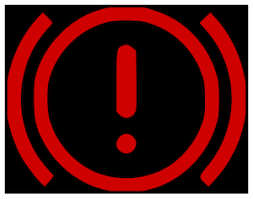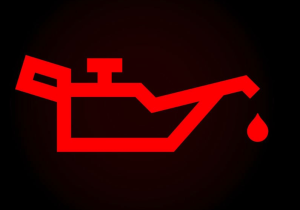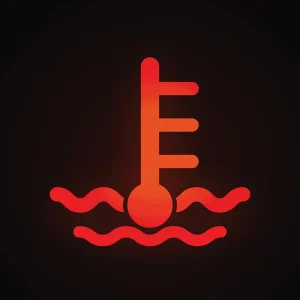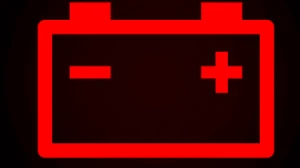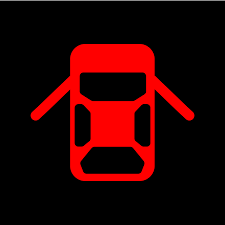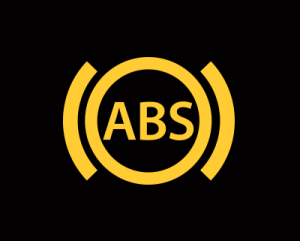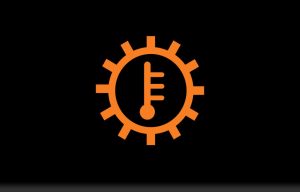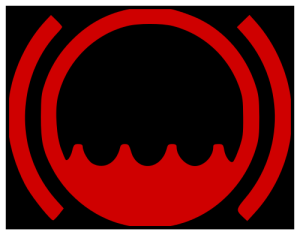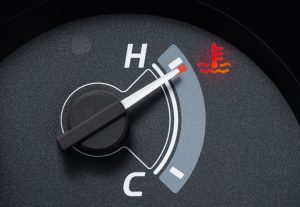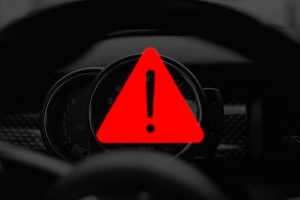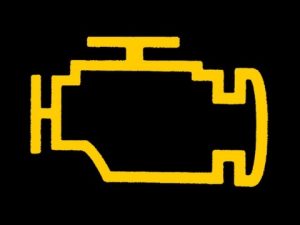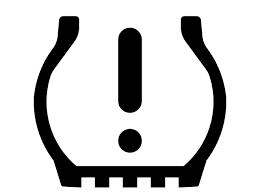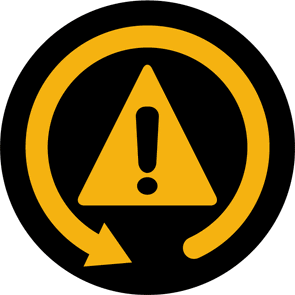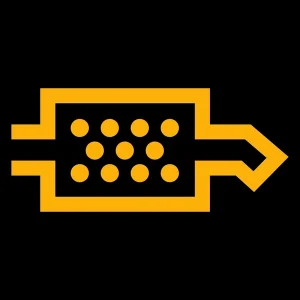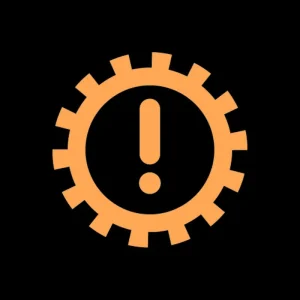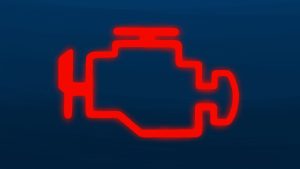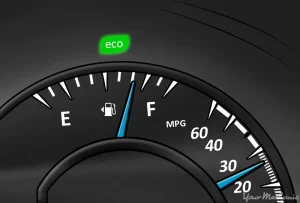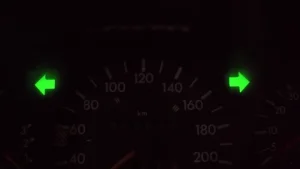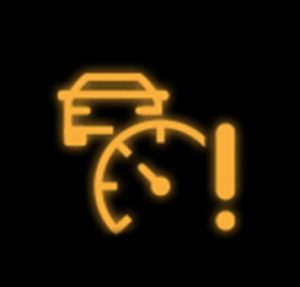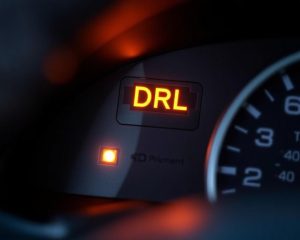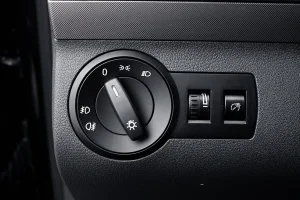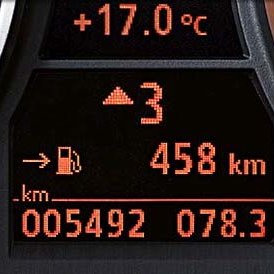Understanding dashboard warning lights in your Opel Vectra is essential for maintaining vehicle safety and preventing costly damage. These lights alert you to potential issues ranging from minor information to critical problems that could lead to breakdowns or accidents.
By recognizing and responding promptly, you can ensure your car runs smoothly and avoid roadside emergencies.
Quick Navigation
Red Warning Lights (Stop Immediately)
Brake System Alert
Low brake fluid or hydraulic failure. Stop safely, check fluid levels, and call a mechanic to avoid brake failure.
Engine Oil Pressure
Low oil pressure risking engine damage. Pull over, turn off engine, check oil level, and seek service before driving.
Engine Coolant Temperature
High engine temperature from low coolant or overheating. Stop vehicle, let it cool, check coolant, and consult a workshop.
Battery Charge
Battery not charging properly due to alternator issue. Stop driving, check belt condition, and get electrical system inspected.
Airbag System
Fault in airbags or seat belt tensioners. Stop and have system checked as airbags may not deploy in a crash.
Power Steering Failure
Issue with power steering system making steering hard. Pull over safely and contact a service center immediately.
Seatbelt Reminder
Seatbelt not fastened. Stop and buckle up all occupants to prevent injury in case of an accident.
Door Ajar
A door or boot is open. Stop the car, close all doors securely, and ensure they’re latched before continuing.
ABS Malfunction
Anti-lock brake system fault. Brakes may lock up; stop and have ABS inspected by a professional.
Transmission Overheat
Transmission fluid too hot from overuse or leak. Stop immediately, let it cool, and check for issues at a garage.
Brake Fluid Low
Brake fluid below safe level. Pull over, top up fluid if possible, and seek mechanic help to fix leaks.
Engine Overheat
Engine temperature critically high. Stop, turn off, and allow cooling; check for coolant leaks or fan problems.
Master Warning
General critical alert for multiple systems. Stop driving and diagnose with professional tools.
Yellow/Amber Warning Lights (Action Required Soon)
Check Engine
Engine or emissions issue like faulty sensor. Have it scanned at a service center soon to avoid damage.
Tyre Pressure Monitoring
Tyre pressure too low or high. Check and adjust pressures; if persistent, inspect for punctures or sensor faults.
ESP Off
Electronic stability program deactivated. Reactivate if needed or visit mechanic for stability control check.
Glow Plug
Diesel preheating system active or faulty. Wait for light to go off before starting; service if it stays on.
Diesel Particulate Filter
Filter clogged needing regeneration. Drive at higher speeds to clean it or take to a garage if flashing.
Transmission Issue
Gearbox electronics fault. Reduce speed and visit workshop to prevent further transmission problems.
Brake Pad Wear
Brake pads worn thin. Replace pads soon to maintain safe stopping distance.
Exhaust Emissions
High emissions from sensor or catalytic converter fault. Get diagnostics to comply with regulations.
Green Lights (Information Only)
Eco Mode Active
Fuel-saving mode engaged for better efficiency. No action needed; it optimizes engine performance.
Front Fog Lights On
Fog lights activated for low visibility. Turn off when not needed to save battery.
High Beam On
Headlights on high beam. Adjust to low beam when oncoming traffic approaches.
Turn Signal
Indicators flashing for left or right turn. Ensures others see your intentions; no action if working.
Cruise Control Active
Speed control system in use. Maintains set speed; disengage as needed.
Daytime Running Lights
Automatic lights on for daytime safety. No action; they enhance visibility to others.
Trailer Connected
Trailer detection active. Confirms electrical connection; check if towing.
Descent Control On
Hill descent system active. Helps control speed downhill; no action required.
Automatic Headlights
Lights auto-adjusting to conditions. Ensures proper illumination without manual input.
Upshift Recommended
Suggests shifting to higher gear. Improves efficiency; follow for better performance.
When looking at Opel, make sure to check out our guides on models like the Opel Insignia, Opel Corsa, Opel Astra, and Opel Agila. Understanding dashboard warning lights is essential. Our expert reviews break down what each light means, highlighting common alerts for these models and what they could signal about underlying issues, so you’re never left guessing behind the wheel.

